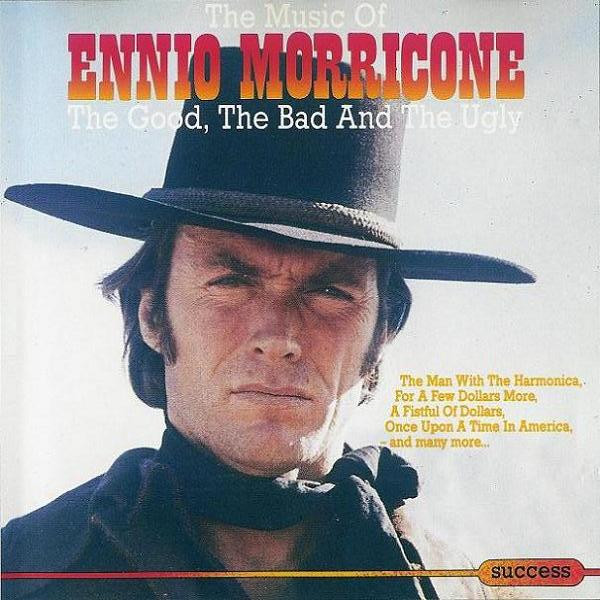Ennio Morricone
About Ennio Morricone
Ennio Morricone (Italian pronunciation: [ˈɛnnjo morriˈkoːne]) was an Italian composer. He was born on 10 November 1928 in Rome, Italy and died on 6 July 2020 in Rome, Italy. A favourite pupil of Goffredo Petrassi, he also deputized secretly for his trumpeter father in a light music orchestra. He thus developed two distinct sides to his musical personality: one of these led him to embrace serialism and the experimental work of the improvisation group Gruppo di Improvvisazione Nuova Consonanza; the other gained him a leading role, principally as an arranger, in all types of mass-media popular music, including songs for radio, radio and television plays, and the first successful television variety shows.
After many minor cinematic collaborations, Morricone achieved wider recognition with Sergio Leone’s series of four Westerns. There followed important collaborations with directors such as Bernardo Bertolucci, Pier Paolo Pasolini, Elio Petri, Paolo and Vittorio Taviani, Valerio Zurlini, Roland Joffé and Brian De Palma. Despite inevitable self-repetitions over a total of more than 400 film scores, his work provides many examples of a highly original fusion of classical and popular idioms.
Morricone’s non-film works form a large and increasingly widely performed part of his output. Many of them use his technique of ‘micro-cells’, a pseudo-serial approach often incorporating modal and tonal allusions, which, with its extreme reduction of compositional materials, has much in common with his film-music techniques.
Among honours, he won the Academy Award in 2016 for his score to Quentin Tarantino’s The Hateful Eight and has received five Academy Award nominations between 1979 and 2001, a Grammy and a Leone d’oro, and was awarded the Laurea ad Honorem by the University of Cagliari. Between 1991 and 1996 he taught film music at the Accademia Musicale Chigiana, Siena.
Records by Ennio Morricone





